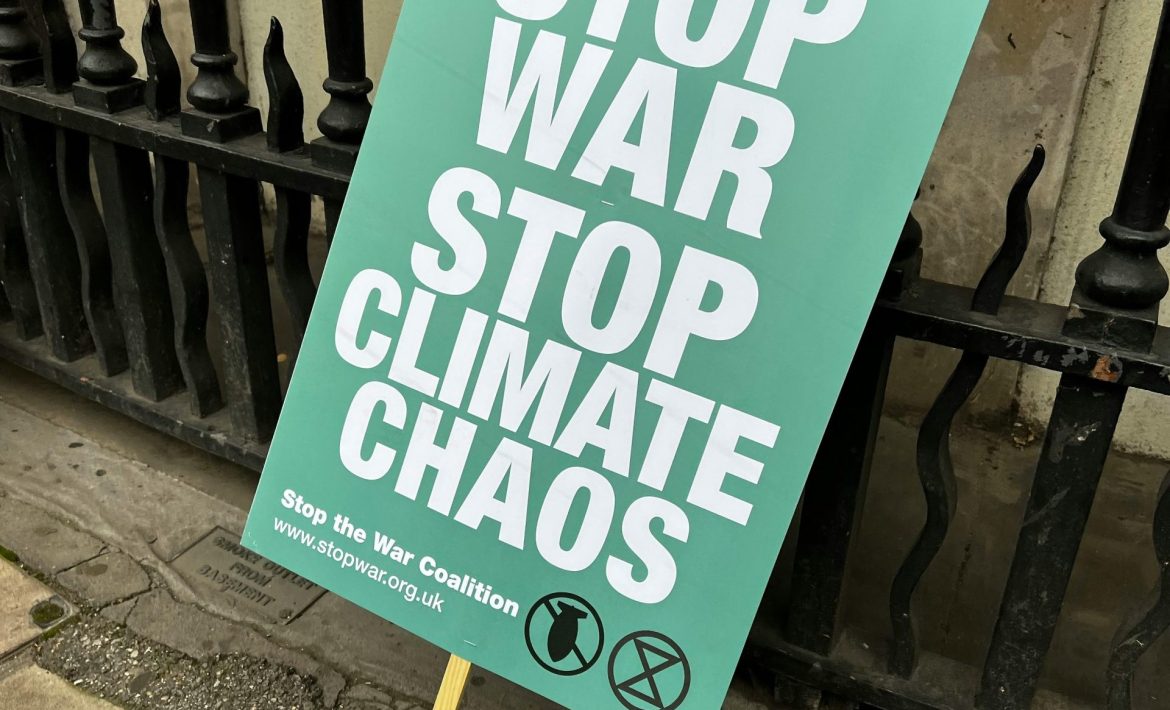
Reforestation: What Is Its Potential Impact In Mitigating the Climate Crisis
Planting trees is widely recognised as an important form of climate mitigation, but it comes with major challenges, including competition for land use and high risks of reversal. Yet even conservative analyses of its potential place reforestation at the top of the list of climate solutions needed to achieve global net zero.









